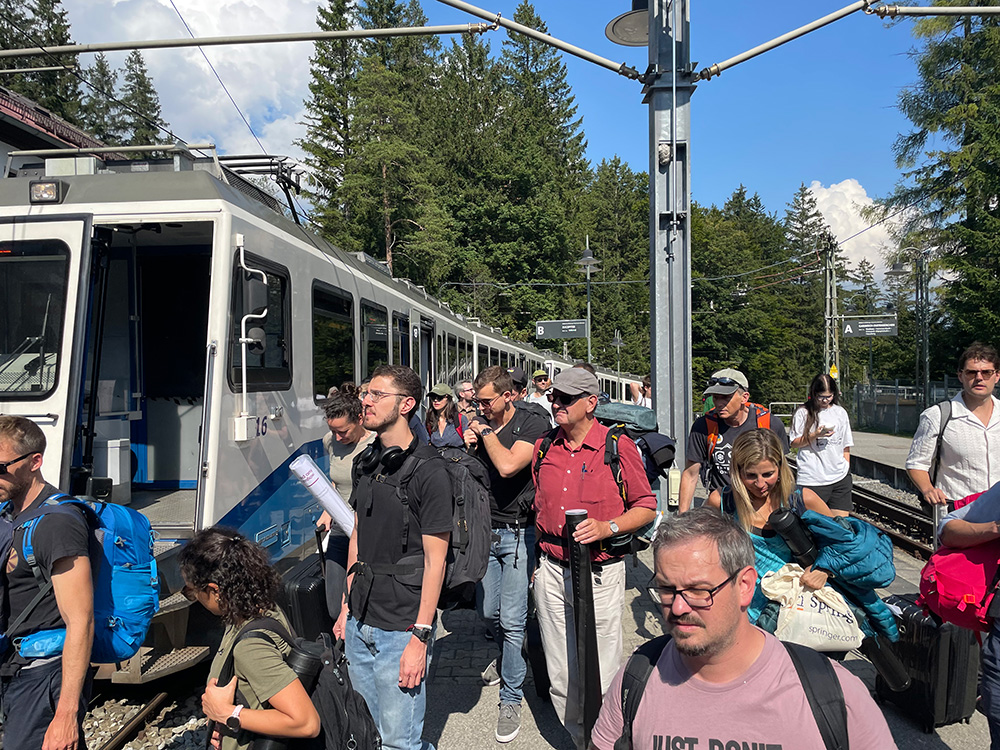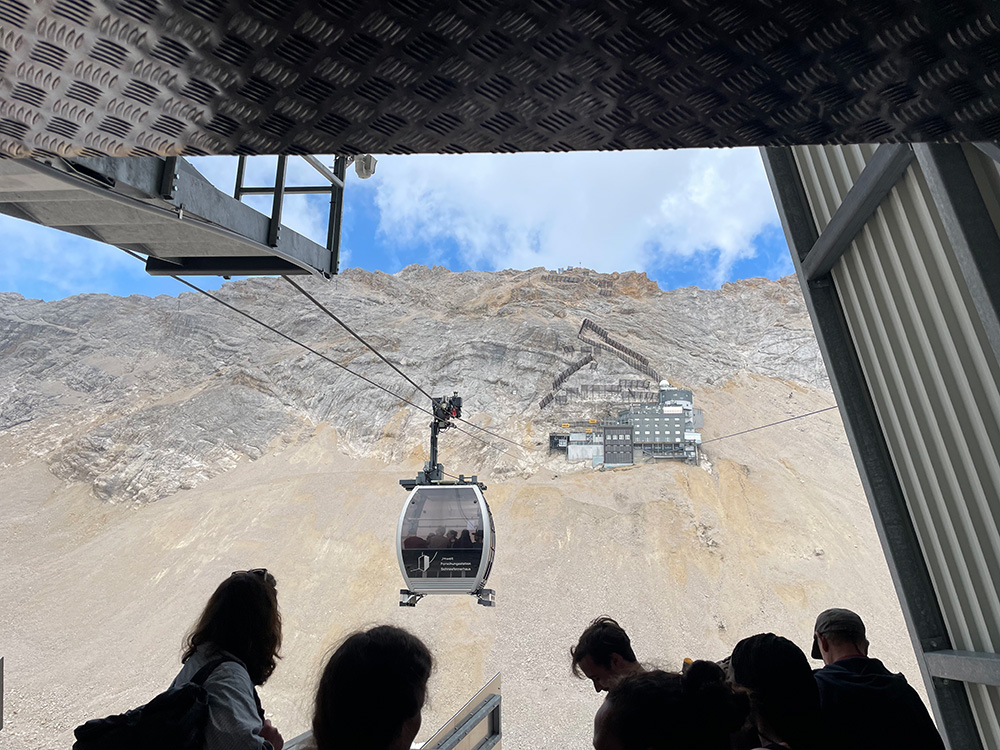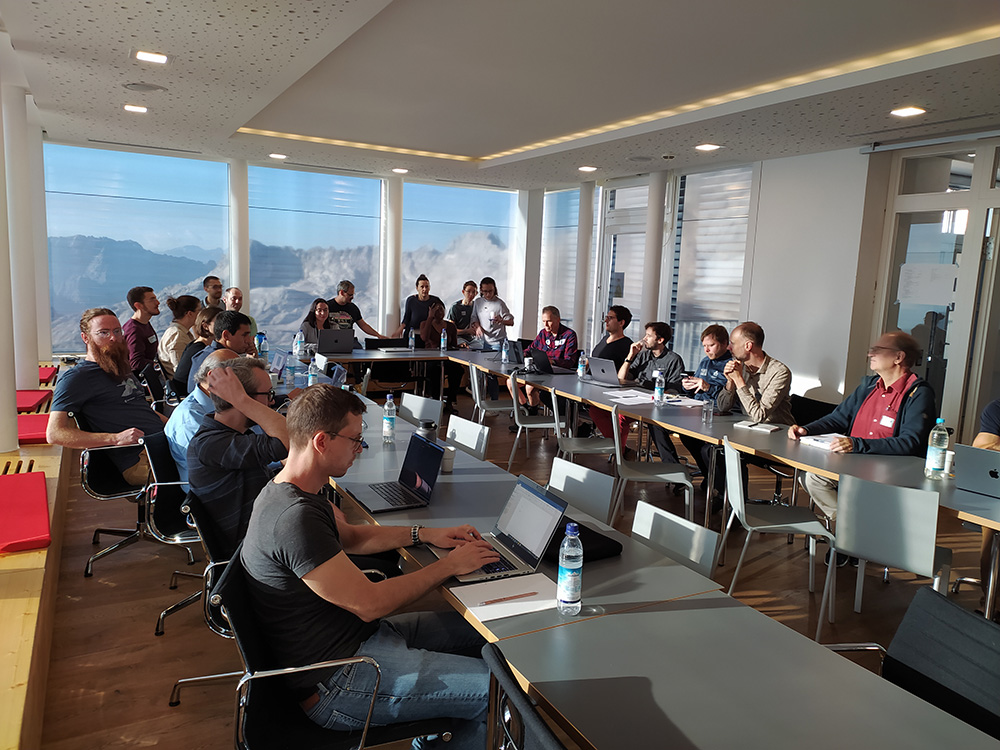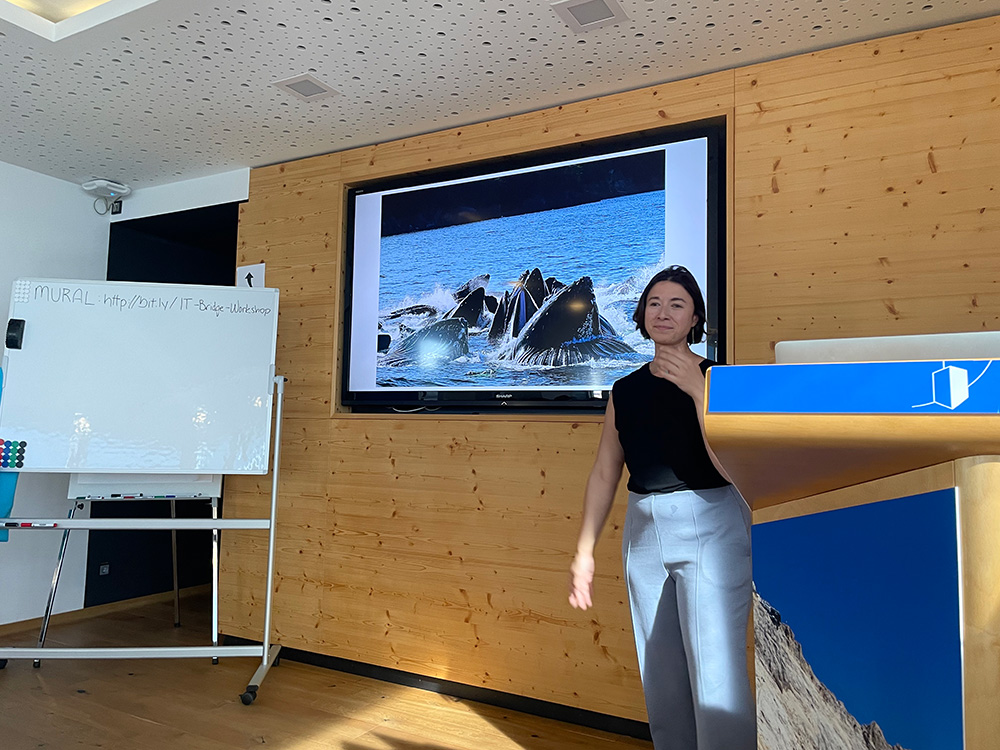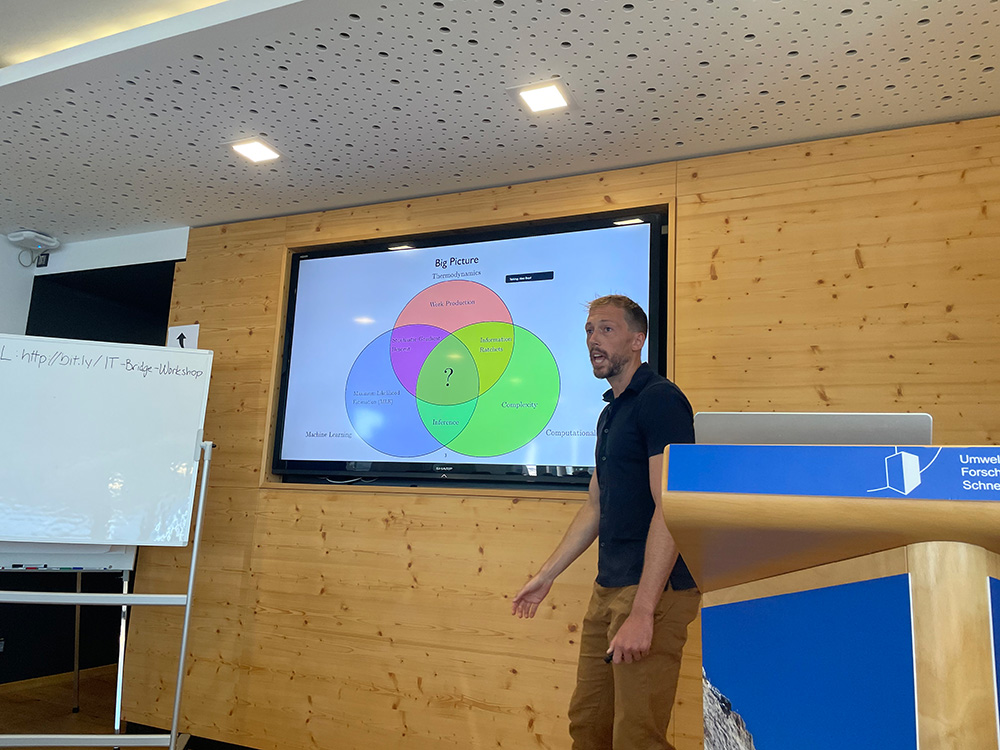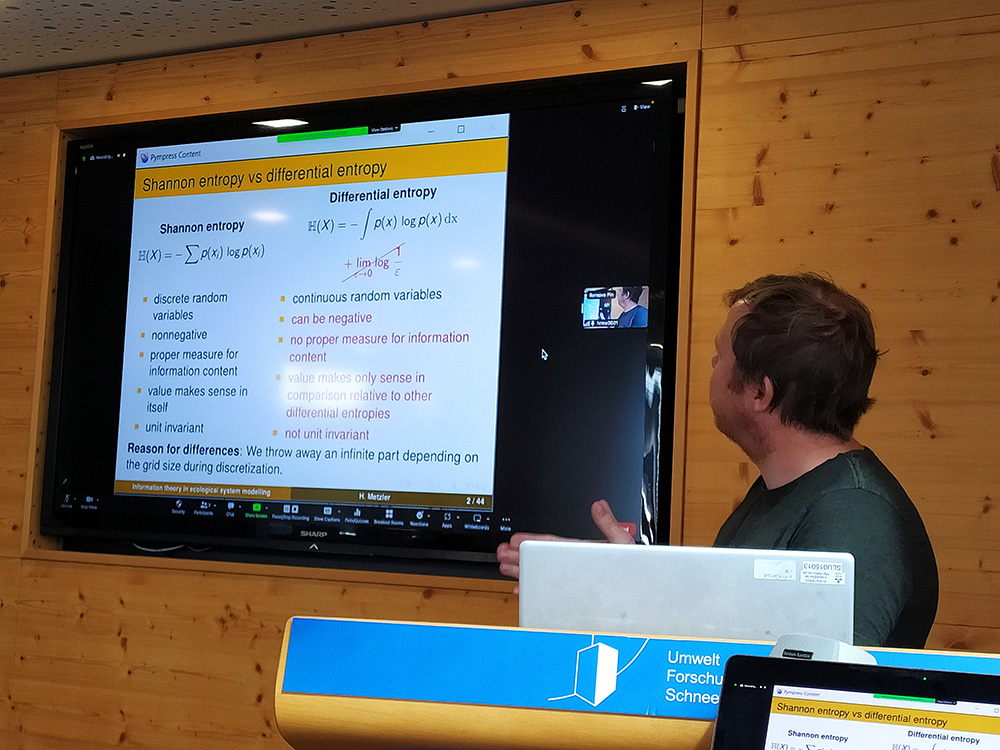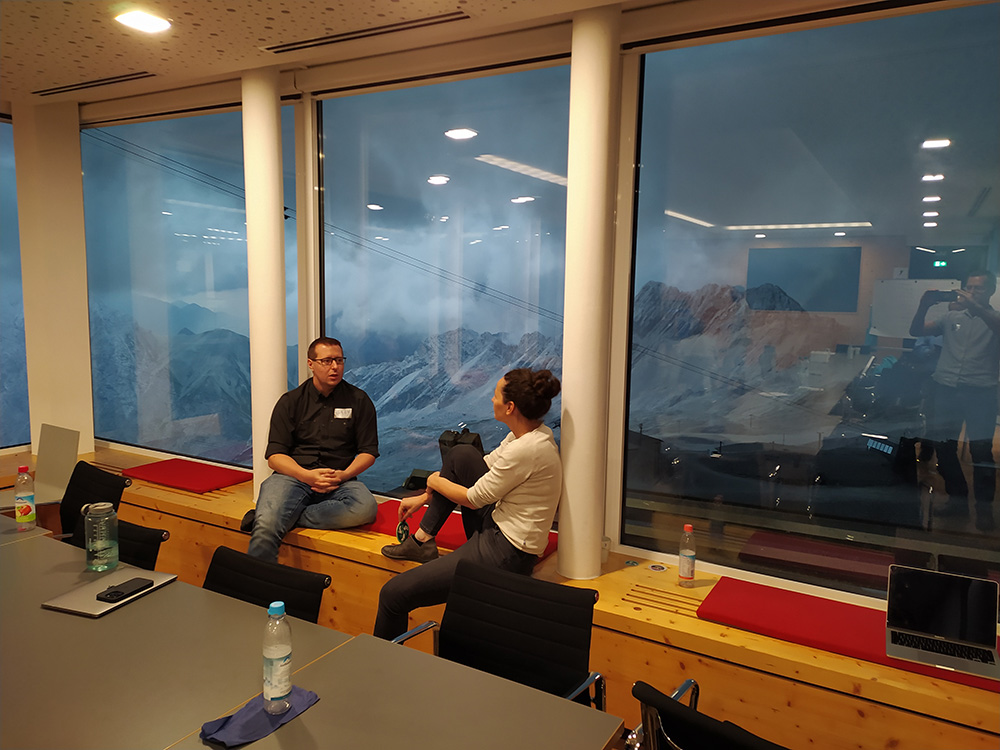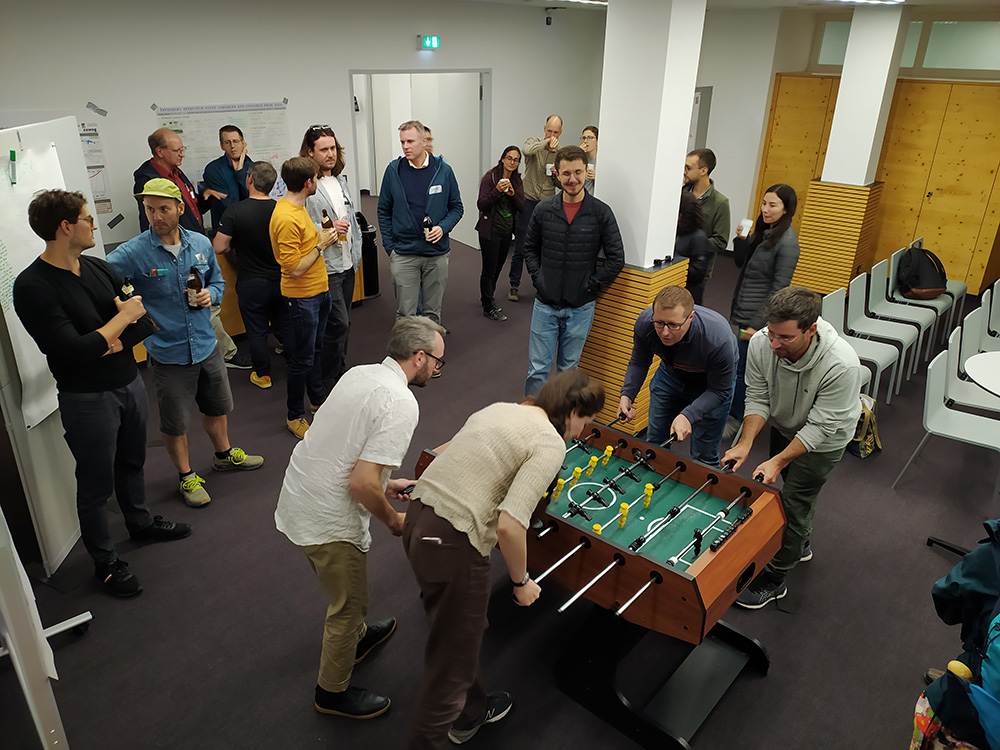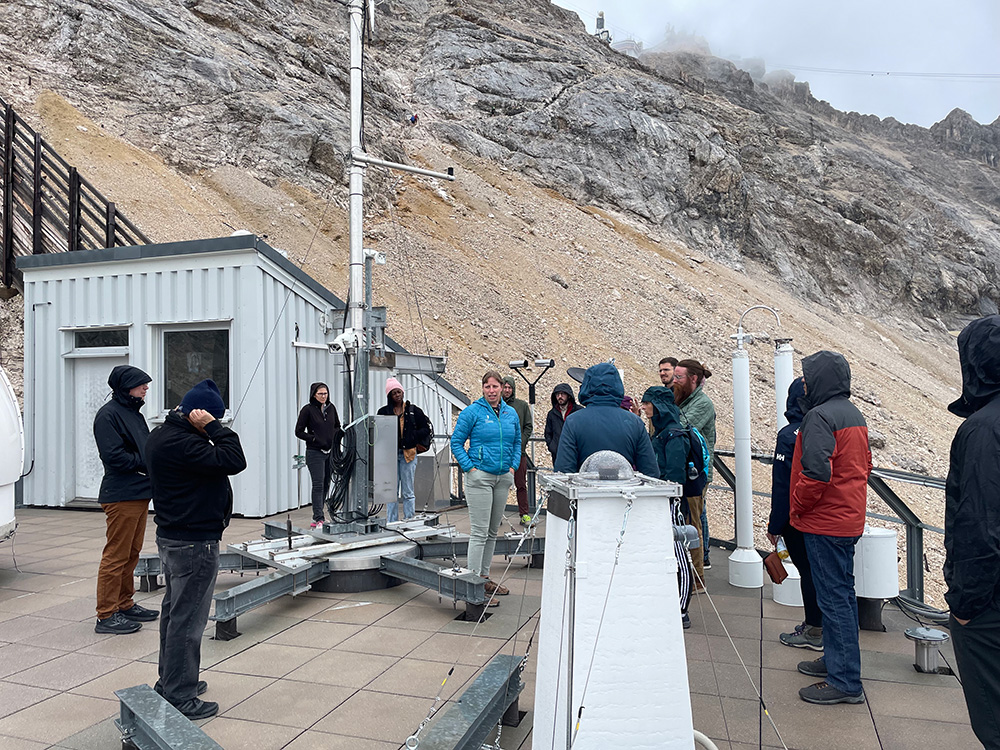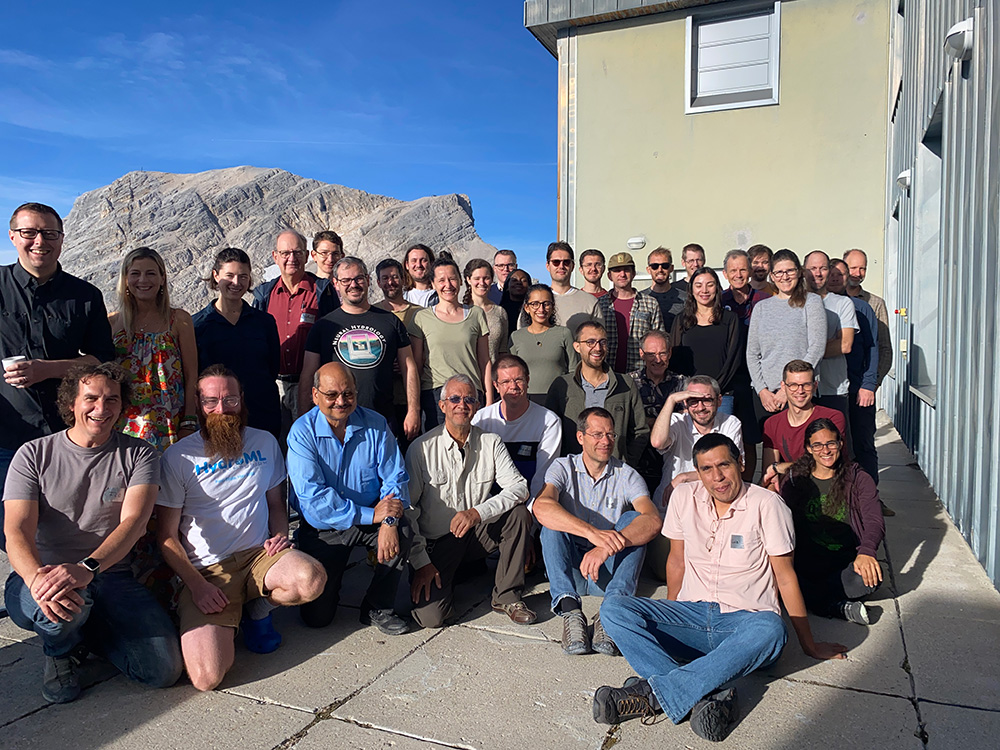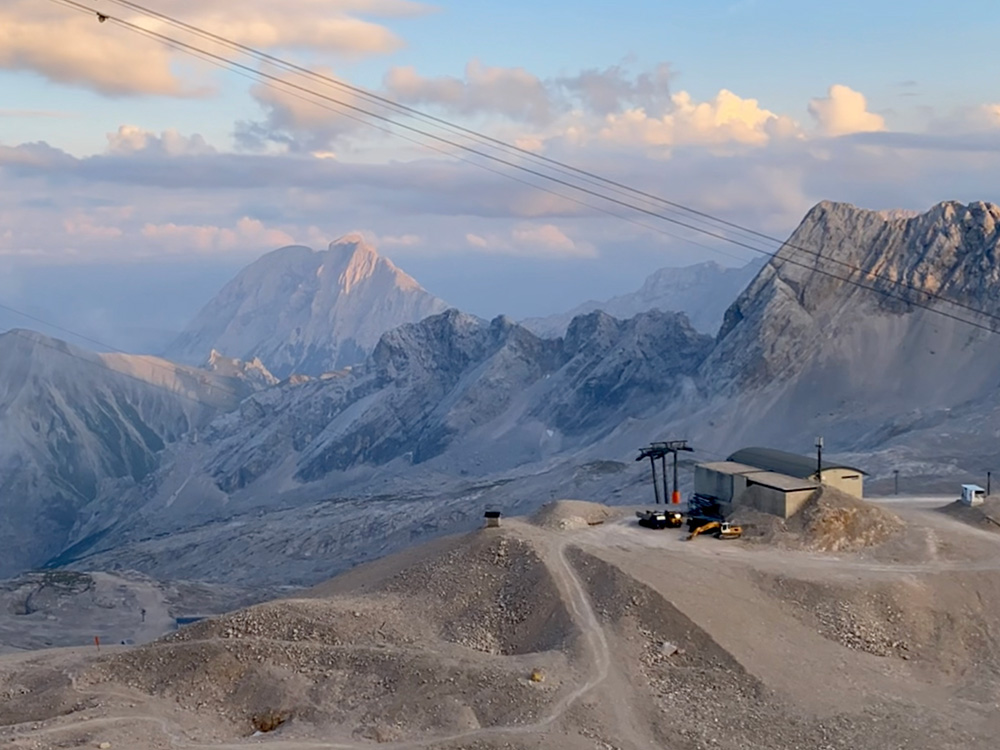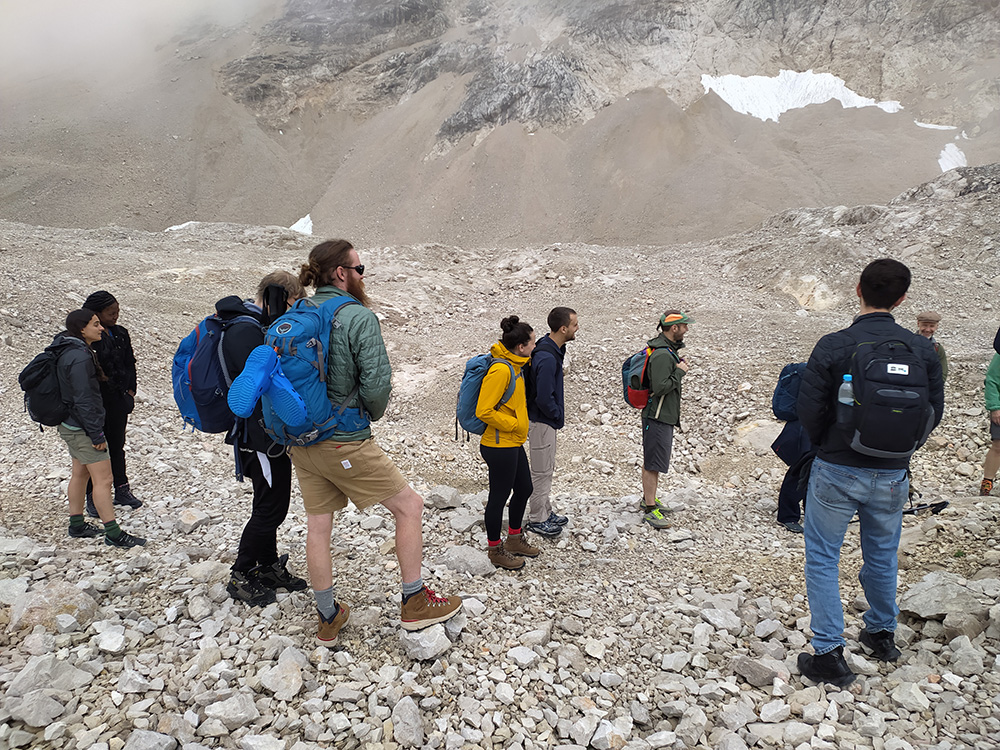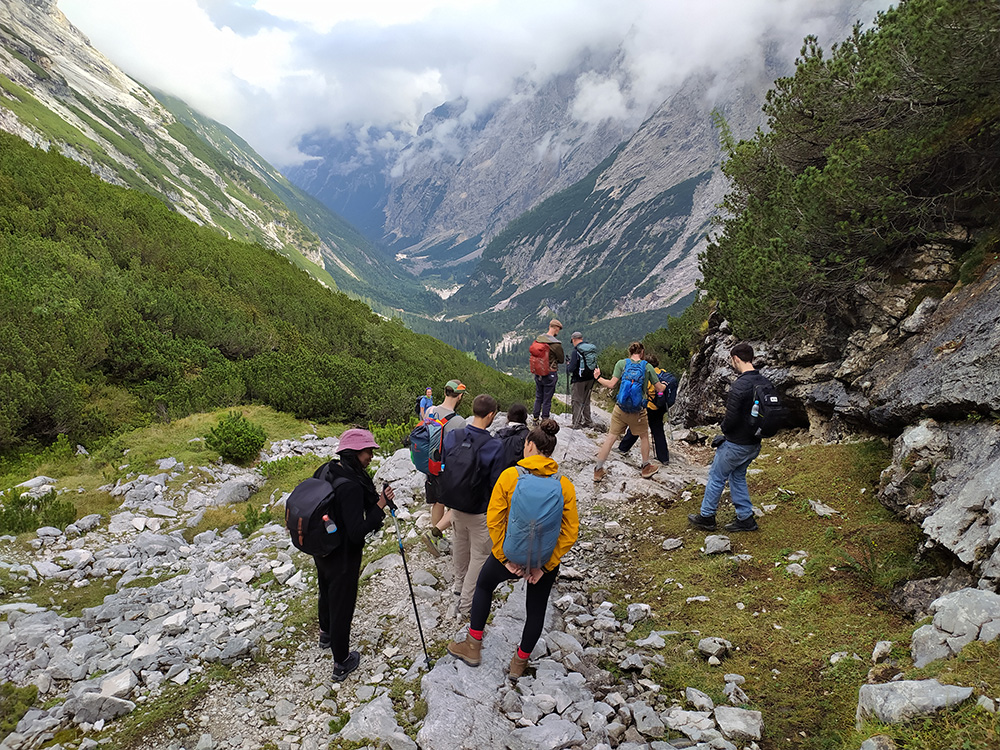Post-Event Resources
You will find PRE-Event Resources here…
…and this link takes you to the Mural Archive, the result of the collaborative activities before, during, and after the workshop.
Crash course on Information Theory
2:08:39 Uwe Ehret (KIT) | Notes | Slides
Video Recordings of the Introduction and Invited Talks
To follow is a YouTube playlist of 9 videos:
01-Introduction by Uwe Ehret (KIT) & Hoshin Gupta (UofA). Information Theory as a Bridge Across the Geosciences and Modeling Sciences. Slides
and 02-09, Invited Talks
Invited Talks
- Alexander B. Boyd, Trinity College, Ireland; James P. Crutchfield, UC Davis, USA; Mile Gu Nanyang Technological University, Singapore; Felix Binder, Trinity College, Ireland. Thermodynamic Overfitting: Limits on Complexity in Thermodynamic Learning. Abstract | Slides | Video
- Laura Condon, The University of Arizona, USA. Machine learning and mechanistic modeling in hydrology: successes and ongoing challenges. Abstract | Slides | Video
- Peter D. Grünwald, CWI, Amsterdam, part of NWO-I, Netherlands and Leiden University, Department of Mathematics, Netherlands. Minimum Description Length, E-Values and Evidence: a brief introduction. Abstract | Slides | Video
- Alexandra Jurgens, INRIA Bordeaux, France. Epsilon Machines and Randomness, Structure and Complexity: Predicting Complex Systems. Abstract | Slides | Video
- Holger Metzler, SLU, Sweden. Information theory in ecological system modelling. Abstract | Slides | Video
- Grey Nearing, Google. Data Based Modeling at Scale. Abstract | Slides | Video
- Andreas Scheidegger, EAWAG, Switzerland. Probabilities are probably not enough. Abstract | Slides | Video
- Ravid Shwartz-Ziv, NYU Center for Data Science. Decoding the Information Bottleneck in Self-Supervised Learning: Pathway to Optimal Representations and Semantic Alignment. Abstract | Slides | Video
Posters
- A Mass-Conserving-Perceptron for Machine-Learning-Based Modeling of Hydrologic Systems
Yuan-Heng Wang & Hoshin V. Gupta - A Mass-Conserving Perceptron for Modeling the Catchment-Scale Hydrologic System
Yuan-Heng Wang & Hoshin V. Gupta - The Great Lakes Runoff Intercomparison Project Phase 4: the Great
Mai, J., et al. - Complexity Quantifiers as Tools for Delineating the Possible from the Impossible in Catchment Modelling
M. Hauhs and H. Lange - Test your objectives!
Timothy O. Hodson, Thomas M. Over, Tyler J. Smith, and Lucy M. Marshall - To Bucket or not to Bucket? Analyzing the performance and interpretability of hybrid hydrological models with dynamic parameterization
Eduardi Acuña Espinoza, Ralf Loritz, Manuel Álvarez Chaves, Nicole Bäuerle, and Uwe Ehret - Toward an Information-Theoretic Diagnostic Evaluation Framework for Hybrid Models
Manuel Álvarez Chaves, Uwe Ehret, Hoshin Gupta, and Anneli Guthke - British Columbia Streamflow Monitoring Optimization
Dan Kovacek & Steven Weijs - Towards identification of dominant hydrological mechanisms in ungauged catchments
Prieto, C., Le Vine, N., Kavetski, D., Fenicia, F., Scheidegger, A., and Vitolo, C. - Input-Dimension Reduction for Surrogate Model Building: Application to Subsurface Transport Models
Maria Fernanda Morales Oreamuno, Sergey Oladyshkin, Wolfgang Nowak - c-u-curve: A method to analyse, classify and compare dynamical systems by uncertainty and complexity
Uwe Ehret, Pankaj Dey, Sanika Baste - Complexity Measures as Tools for Delineating the Possible from the Impossible in Catchment Modelling
Michael Hauhs and Holger Lange - Inferring effective state variables and dynamics from data
Nicolas Brodu
Reading
- Synergy, redundancy, and multivariate information measures: an experimentalist’s perspective
Nicholas Timme · Wesley Alford · Benjamin Flecker · John M. Beggs - Why Does Deep and Cheap LearningWork So Well?
Henry W. Lin · Max Tegmark · David Rolnick - Thermodynamics of Modularity: Structural Costs Beyond the Landauer Bound
Alexander B. Boyd, Dibyendu Mandal, and James P. Crutchfield - Minimum description length revisited
Peter Grünwald and Teemu Roos - Debates—Does Information Theory Provide a New Paradigm for Earth Science?
Praveen Kumar and Hoshin V. Gupta - Divergent predictive states: The statistical complexity dimension of stationary, ergodic hidden Markov processes
Alexandra M. Jurgens and James P. Crutchfield - Predictive models aren’t for causal inference
Suchinta Arif and M. Aaron MacNeil - Safe Testing
Peter Grünwald, Rianne de Heide, and Wouter M. Koolen - To Compress or Not to Compress – Self-Supervised Learning and Information Theory: A Review
Ravid Shwartz-Ziv and Yann LeCun
Photo Gallery – Select Photos
